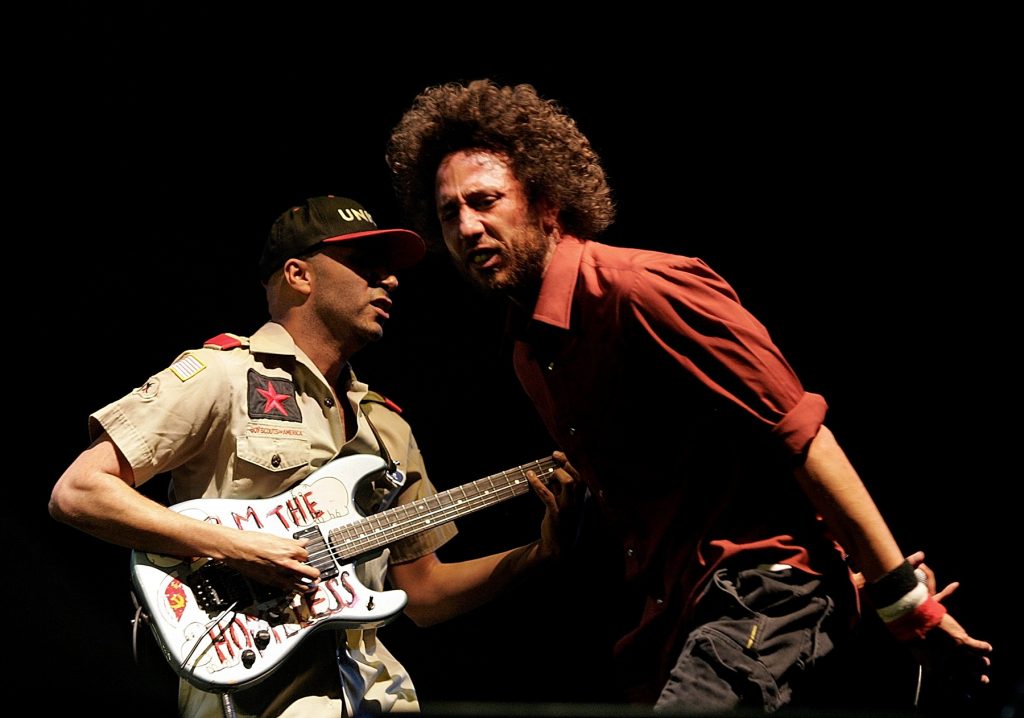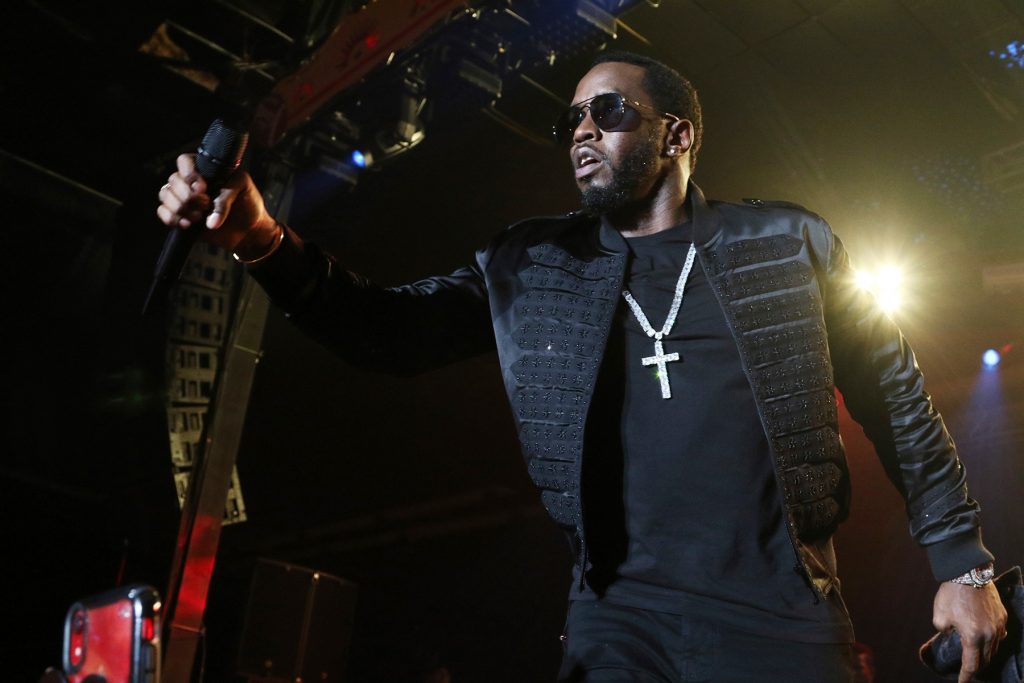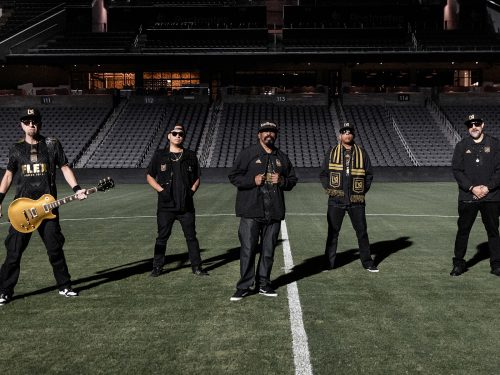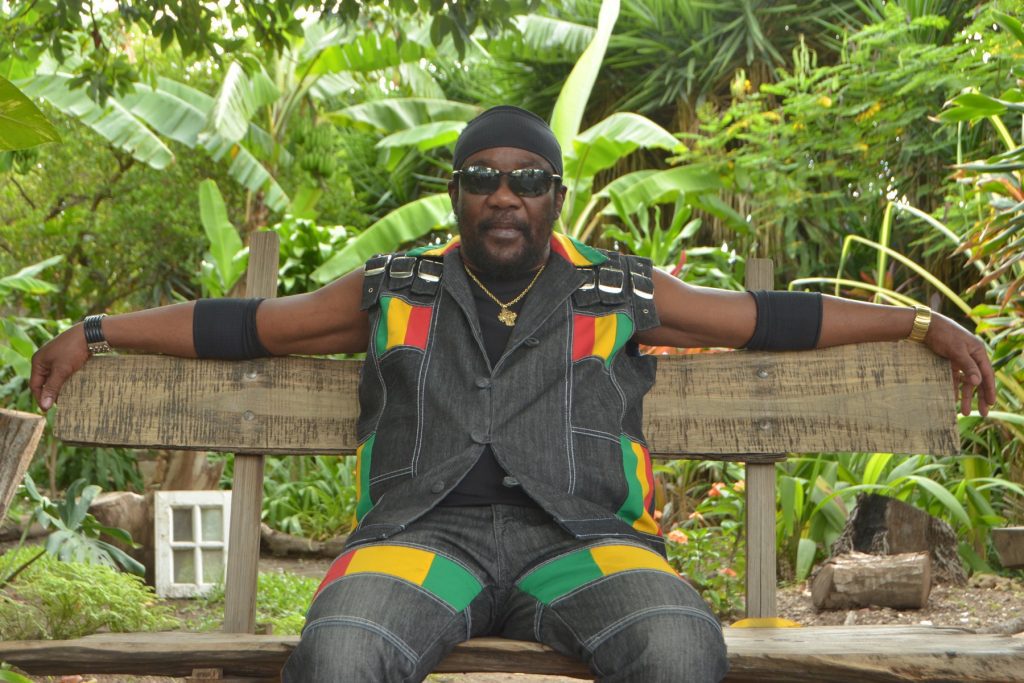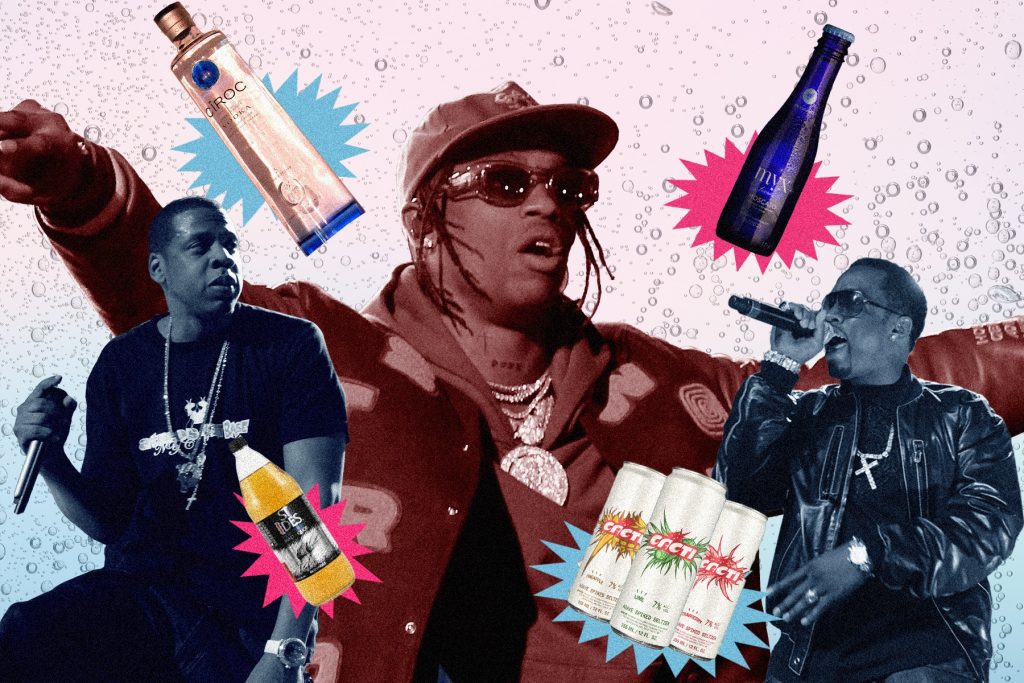
Travis Scott’s Cacti Seltzer and the Long History of Hip-Hop Beverages
In just a few years, the hard seltzer brand White Claw became a bonafide cultural phenomenon. Videos with the hashtag “whiteclaw” have earned a billion views on TikTok, completely blowing competitors like Truly and Bud Light Seltzer out of the fizzy water.
Enter rapper-producer-amorphous-brand-ambassador Travis Scott. Having embarked on ventures with major corporations like McDonald’s, General Mills, and Nike, Scott has now cashed in on the hard seltzer craze with Cacti, an Anheuser-Busch concoction of his own creation. He launched the brand in March under a partnership with the beverage giant, taking the formal title of founder of the Cacti brand for himself. The beverage boasts a 7 percent ABV, compared to the 5 percent found in most hard seltzers, and is already taking the country by storm. Last week, Cacti reps announced that the fruity spiked beverage broke records at its parent company, selling more in its first week than any variety pack in Anheuser-Busch history. Many stores ran out of it in a day.
blogherads.adq.push(function () {
blogherads
.defineSlot( ‘medrec’, ‘gpt-dsk-tab-article-inbody1-uid0’ )
.setTargeting( ‘pos’, [“mid-article”,”mid”,”in-article1″,”mid-article1″] )
.setSubAdUnitPath(“music//article//inbody1”)
.addSize([[300,250],[620,350],[2,2],[3,3],[2,4],[4,2]])
;
});
Scott didn’t have to rely on a tidal wave of memes and videos to replicate White Claw’s success. He’s already a viral entity on his own. Demand for his signature McDonald’s meal was so high that some chains ran out of burger ingredients; his Reese’s Puffs sold out in 30 seconds; and his Nikes go for an average of 370 percent over retail. He’s not alone: Just as celebrities have seamlessly integrated into our digital lives, they’ve begun integrating into the real world with products. As if to match our fleeting attention spans, celebrity product partnerships have accelerated at a rapid clip. And Travis Scott, who’s racked up roughly 20 brand deals since 2014, is on the front lines.
His move into booze, in particular, falls squarely within a long history of rappers big-upping beverage companies. While MCs have always name-dropped their favorite drinks for clout and storytelling purposes, the ultimate flex may be monetizing their rhymes. Three-plus decades of evolution — from free promo to paid endorsement, to partnership, to ownership — paved the way for Scott to make bank on his own virality and the love of a good buzz. The following timeline of rap-drank relationships illuminates the path to Cacti.
1988
St. Ides, a young brand of malt liquor, becomes the first of its kind to create an advertisement campaign around hip-hop culture. By the Nineties, the brand would make West Coast producer DJ Pooh a creative director.
1996
After a prolific run of rap ads featuring appearances and original music by heavyweights of the genre like Notorious B.I.G., Eric B & Rakim, Snoop Dogg, Wu-Tang Clan, Ice Cube, EPMD, and more, St. Ides’ hip-hop campaign comes to an end. Despite the campaign’s popularity, there was pushback. In 1991, Public Enemy’s Chuck D decried malt liquor’s ubiquity in Black communities in the song “One Million Bottlebags” and sued St. Ides’ parent company for using his voice without permission in a radio spot. The company settled with Chuck D, as it did when sued by the New York State Attorney General’s Office for targeting underage children of color with their ads.
2002
By the early 2000s, mainstream hip-hop was seeing an image evolution from grit to glamour. In 2002, Busta Rhymes releases “Pass the Courvoisier” and “Pass the Courvoisier Part II” (featuring Pharrell and Diddy). Subsequently, the premium cognac brand saw a bump in sales. According to a spokesperson, Busta didn’t get paid to promote Courvoisier until after the song’s free advertisement gave them a boost. Around the same time, rappers on the Roc-A-Fella roster begin to work to incorporate Armadale Vodka into their music after the Roc acquired the liquor line. “We’ve made a lot of money for a lot of companies over the years,” said Kareem “Biggs” Burke, a Roc CEO alongside Jay-Z and Damon Dash. “Since we have so much influence, we can make money for ourselves by expanding our businesses. No more Belvedere Vodka or Cristal Champagne in our music or videos.” By the mid-2000s, Armadale’s buzz quieted down.
blogherads.adq.push(function () {
blogherads
.defineSlot( ‘medrec’, ‘gpt-dsk-tab-article-inbody2-uid1’ )
.setTargeting( ‘pos’, [“mid-article2″,”mid”,”in-article2″,”mid-article”] )
.setSubAdUnitPath(“music//article//inbody2”)
.addSize([[300,250],[300,251],[620,350],[2,4],[4,2],[3,3]])
;
});
2006
Jay-Z’s disdain for Cristal Champagne is cemented when the company’s managing director, Frederic Rouzaud, makes disparaging comments about rappers flaunting the product in music videos. “What can we do?” said Rouzaud. “We can’t forbid people from buying it.” Jay-Z had been drinking Cristal publicly since at least 1994, but after Rouzaud’s remarks, he features Armand de Brignac champagne, informally known as Ace of Spades, in the “Show Me What You Got” music video (reportedly earning dollars and equity in the brand). The flagship champagne went for nearly $300 — and that’s it in its least expensive form.
2007
Diddy successfully counters a celebrity endorsement deal from Ciroc with an equal-share partnership with the vodka brand, in which he’d become manager and chief marketing officer, with his own marketing agency, Blue Flame, at the helm. He works tirelessly to promote Ciroc, and in his tenure with the company, sales jump from 40,000 cases a year in 2007 to 1.8 million cases sold in 2019.
2012
When spirit purveyor Bacardi debuts D’ussé, a cognac, Jay-Z promotes the brand heavily as a “partner.” He appears at private launch events in 2012 and an activation backstage at his Legends of the Summer tour with Justin Timberlake. They do more public work with the On the Run and Magna Carter tours. By December 2013, Jay is rapping about D’ussé on Beyoncé’s “Drunk in Love,” and artists with no D’ussé affiliation, like Lil Wayne and Drake, are following suit. At roughly 60 bucks a bottle, nearly 200,000 cases of the cognac sell annually and the company has grown about 80 percent yearly.
2013
It’s a big year for rap and booze. Nas begins a years-long promotional relationship with D’ussé competitor Hennessy, a brand he’d been rapping about since his own breakout nearly two decades prior. Meanwhile, Nicki Minaj becomes part-owner of and spokesperson for Myx Fusions Moscato and E-40 launches Earl Stevens Selections, his own line of sweet wines, to much success in Northern California. The latter two lines come on the heels of a spike in Moscato sales.
2014
Jay-Z now completely owns Ace of Spades, acquiring it from New York’s Sovereign Brands for an undisclosed amount.
blogherads.adq.push(function () {
blogherads
.defineSlot( ‘medrec’, ‘gpt-dsk-tab-inbodyX-uid2’ )
.setTargeting( ‘pos’, [“mid”,”mid-articleX”,”in-articleX”,”mid-article”] )
.setSubAdUnitPath(“music//article//inbodyX”)
.addSize([[300,250],[300,251],[3,3],[620,350]])
.setLazyLoadMultiplier(2)
;
});
2016
Drake releases Virginia Black Decadent American Whiskey in September, with record-breaking single-day launch sales in Ontario. The whiskey continues to sell for around a modest $40. Three years later, the self-proclaimed Champagne Papi followed with a brand of bubbly (naturally). A suit alleges liquor retailers have conspired to it bring down.
2020
A December press release announces that Travis Scott’s Cacti agave spiked seltzer will hit shelves in March 2021. Scott says he and a team worked on the taste, packaging, and marketing: “Cacti is something I’m really proud of and have put a ton of work into.”
2021
Jay once rapped: “I’m 50 percent of D’ussé and it’s debt-free / 100 percent of Ace of Spades, worth half a B.” In February 2021, he cashed out on the second clause, selling 50 percent of Ace of Spades to LVMH Moët Hennessy, the fashion and liquor conglomerate. The terms of the deal were undisclosed, of course. Just as Hov takes one step out of the liquor game, Travis Scott dives right in in: Cacti is released in March.
